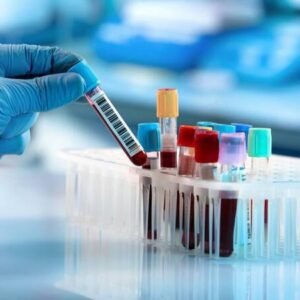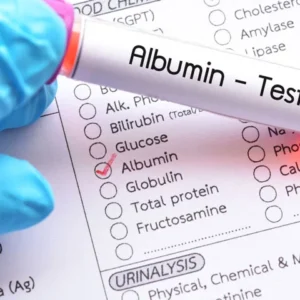- Chemical Overview: Vitamin B12, also known as cobalamin, is a water-soluble vitamin that plays a critical role in DNA synthesis, red blood cell formation, and neurological function. It contains cobalt, a metal that is central to its structure and function.
- Role in Health: This vitamin is essential for the production of healthy red blood cells, which transport oxygen throughout the body. It also supports the proper functioning of the nervous system and is involved in the metabolism of fatty acids and amino acids.
- Sources: Vitamin B12 is primarily found in animal-based foods, including meat, fish, poultry, eggs, and dairy products. For those following a vegetarian or vegan diet, fortified foods and supplements are important sources to prevent deficiency.
- Deficiency and Health Risks: A deficiency in Vitamin B12 can lead to anemia, fatigue, weakness, and neurological issues, such as memory loss and balance problems. It is especially common in older adults and individuals with absorption issues, such as those with pernicious anemia or gastrointestinal disorders.
- Testing and Supplementation: Vitamin B12 levels can be measured through blood tests, and supplementation may be necessary for those at risk of deficiency. Recommended forms of supplementation include oral tablets or injections, depending on the severity of the deficiency and individual needs.
- Description
- Reviews (0)












Reviews
There are no reviews yet.